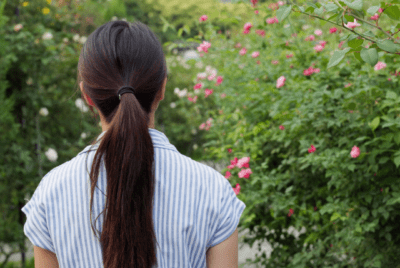RESEARCH
Verification of the Physiological Therapeutic Effects of Harvesting Activities in a Patient with Moderate Alzheimer’s Disease with Long-Term Agricultural Experience
Summary
This study explores the physiological therapeutic effects of harvesting activities in a patient with moderate Alzheimer’s Disease (AD) who possessed long-term agricultural experience. The paper highlights the growing need for effective interventions for dementia, a condition increasing in prevalence with the aging population. Meaningful activities are crucial for enhancing the well-being and emotional stability of patients with dementia. Horticultural therapy (HT), which involves using plants and gardening to improve various aspects of health, is presented as a valuable approach for this population, shown to support well-being, potentially reduce behavioral and psychological symptoms, and improve mood and engagement. Previous research has indicated that harvesting activities can reduce stress in older people with dementia, but this study aimed to specifically investigate the physiological changes, particularly in the autonomic nervous system (ANS), occurring before, during, and after such activities.
The research employed an exploratory case study design involving a single female patient in her 80s with moderate AD and a history of farming. The study measured the patient’s ANS responses, specifically heart rate variability reflecting sympathetic (SNS) and parasympathetic (PNS) nervous system activity, over six distinct time periods before, during, and after a controlled harvesting activity. The activity involved harvesting three lettuce plants from a planter in a courtyard, conducted one-on-one with an experienced occupational therapist (OT) who had a good relationship with the patient. Environmental factors and the OT’s interactions, such as empathetic responses and providing motivation by framing the task as a social role (harvesting for lunch), were noted as potential influences on the patient’s physiological responses.







